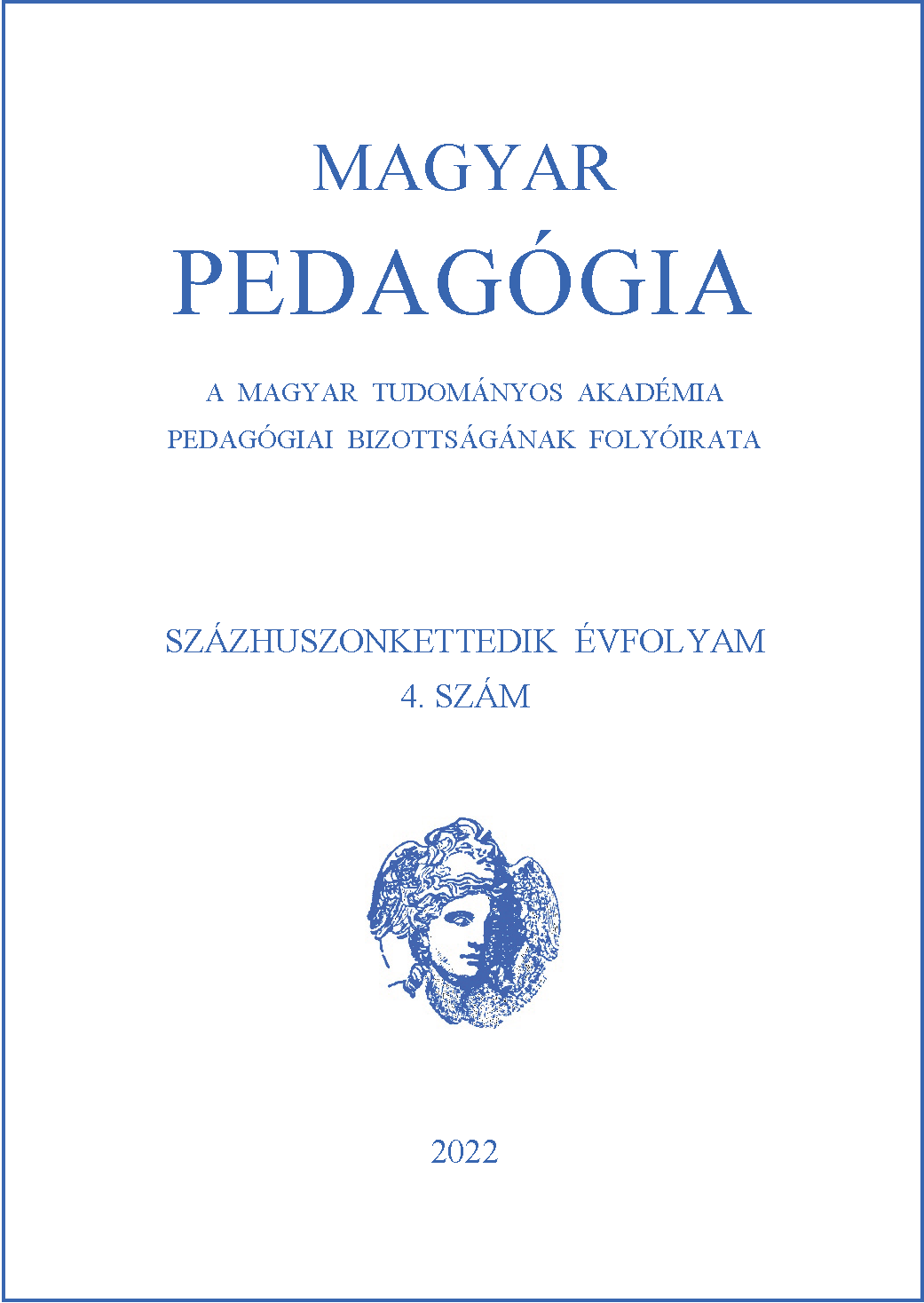THE ROLE OF FAMILY, SCHOOL, AND CHARACTER STRENGTHS IN POSITIVE YOUTH DEVELOPMENT
Main Article Content
Abstract
Positive youth development (PYD) is an approach that derived from positive psychology (PP) over the last few decades. This field focuses on the strengths and the opportunities young people have. Martin Seligman was a leading advocate of positive psychology in the late 20th century, who suggested a shift toward studying the good qualities in life that are worth living for. Adolescence has been a widely researched developmental stage, but research and youth policy mainly focused on adolescents’ problem behaviors, deficits, and preventing risk factors. The main goal of PYD is to support healthy, productive, and engaged youths as they grow into adulthood, and help them reach their full potential to thrive in the diverse settings where they live (Damon, 2004). The transition to the world of adulthood is extremely complex and demanding (Larson & Wilson, 2004). Some important tasks of this period are developing vocational interest, choosing future career, nurturing their well-being, build supportive relationships, and at the same time contribute to the community. Seligman and Csikszentmihalyi (2014) identified that PP is based on three pillars: positive institutions, positive personality characteristics, and positive experiences. The aim of this article is to review literature on positive youth development and its determining factors along these lines, including family, school, and individual levels. Perceived parenting, meaningful relationships with family and school, positive role models and institutions, encouraging the use of character strengths promote well-being and shape the development of adolescents. Positive youth development is a relatively new aspect in Hungary, the ongoing integration of research and practice can support professionals answer complex questions related to the promotion of PYD, the structure of character strengths, and how certain factors contribute to positive youth development and enhance well-being. New empirical results can also be used to develop youth programs to optimize positive development among all youths.

